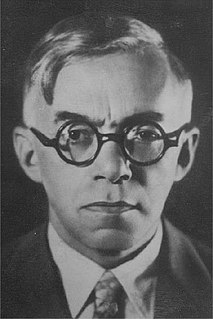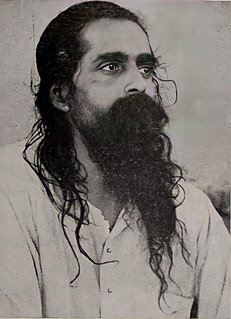A Quote by Yael Naim
Hebrew is my first language, so it's really the most personal and the most simple. When I write in Hebrew, I don't look for sophistication in music; it's just pure emotion that comes out.
Related Quotes
I work in Hebrew. Hebrew is deeply inspired by other languages. Not now, for the last three thousand years, Hebrew has been penetrated and fertilized by ancient Semitic languages - by Aramaic, by Greek, by Latin, by Arabic, by Yiddish, by Latino, by German, by Russian, by English, I could go on and on. It's very much like English. The English language took in many many fertilizations, many many genes, from other languages, from foreign languages - Latin, French, Nordic languages, German, Scandinavian languages. Every language has influences and is an influence.
in order to confer their lost Nationality upon exiled Jews , the British with the help of the League of Nations began to rehabilitate the old Hebrew country, Palestine, with its long lost children. The Jews had maintained their race, religion, culture and language; and all they wanted was their natural territory to complete their Nationality. The reconstruction of the Hebrew Nation on Palestine is just an affirmation of the fact that Country, Race, Religion, Culture and Language must exist unequivocally together to form the Nation idea.
Yiddish, originally, in Eastern Europe was considered the language of children, of the illiterate, of women. And 500 years later, by the 19th century, by the 18th century, writers realized that, in order to communicate with the masses, they could no longer write in Hebrew. They needed to write in Yiddish, the language of the population.
Let all your preaching be in the most simple and plainest manner; look not to the prince, but to the plain, simple, gross, unlearned people, of which cloth the prince also himself is made. If I, in my preaching, should have regard to Philip Melancthon and other learned doctors, then should I do but little good. I preach in the simplest manner to the unskillful, and that giveth content to all. Hebrew, Greek and Latin I spare until we learned ones come together.
































